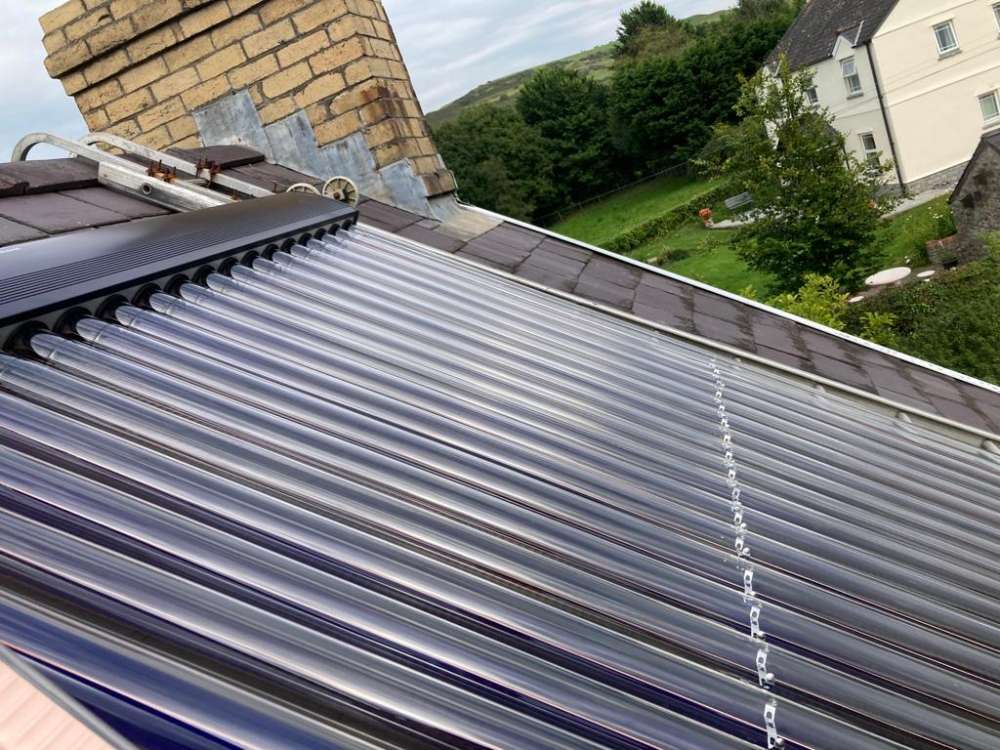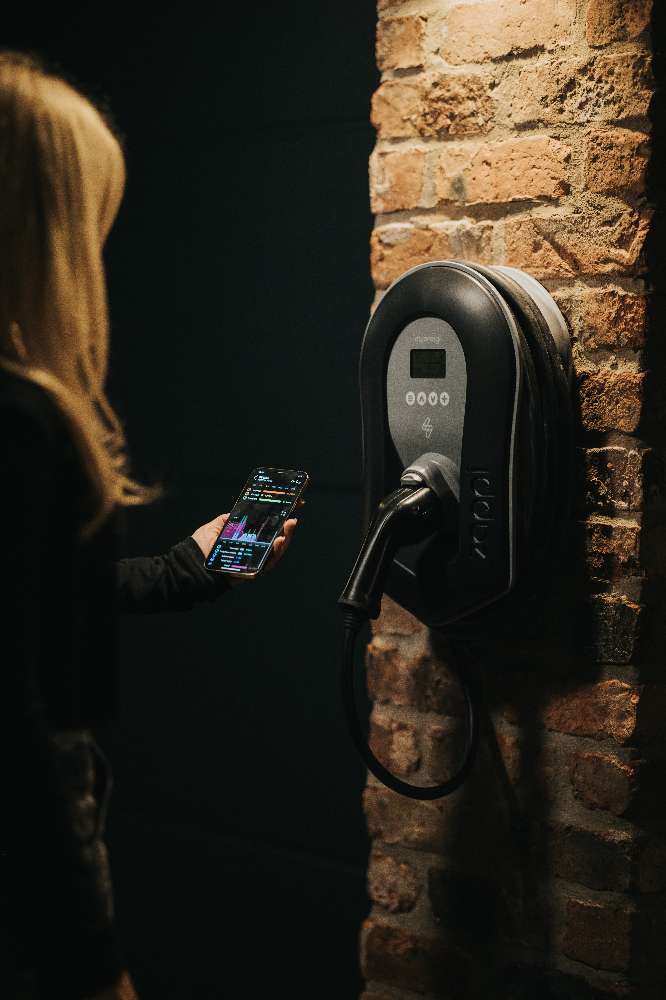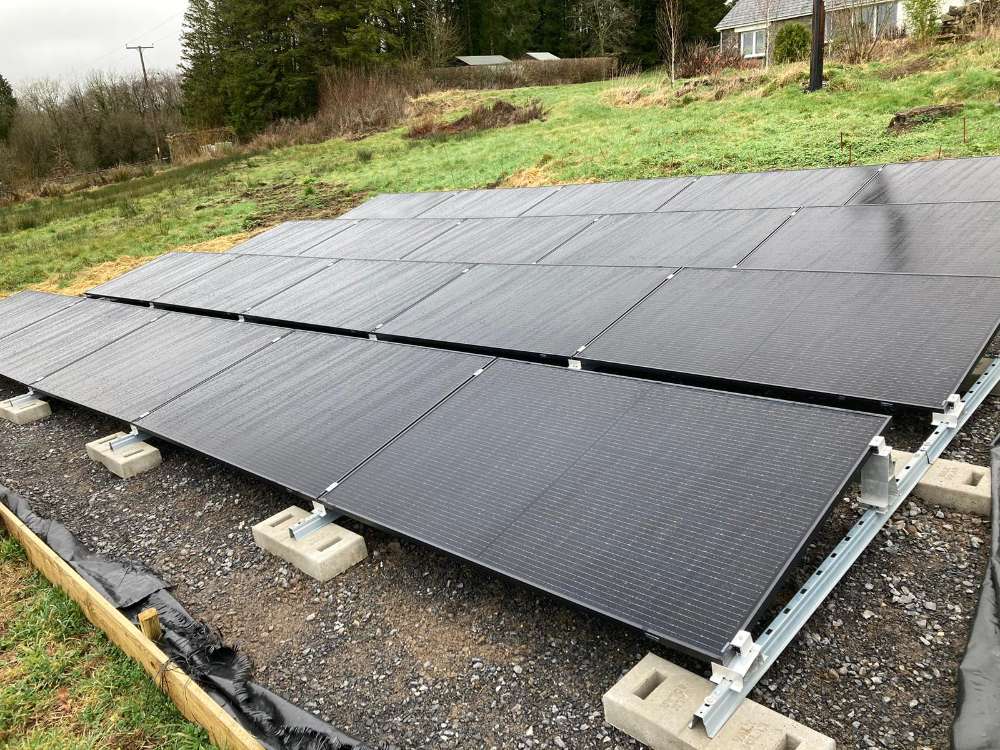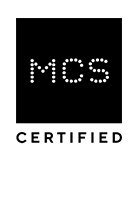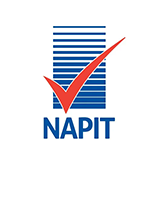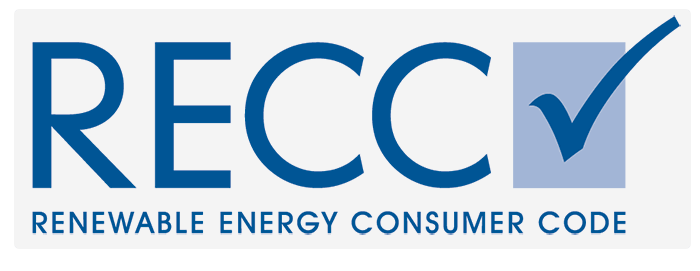Solar Thermal Systems in South Wales
Efficient hot water solutions for homes & businesses
Solar thermal systems harness the sun's energy to heat water, providing a sustainable and cost-effective alternative to traditional water heating methods. At Solar Save Renewables, we specialise in designing and installing high-efficiency solar thermal systems across Carmarthenshire, Pembrokeshire, Ceredigion, Swansea, and South Wales.
Why Choose Solar Thermal?
💰 Cost Savings
Reduce water heating costs by up to 60% and space heating costs by up to 35% with our efficient systems.
🌱 Eco-Friendly
Zero CO2 emissions during operation, significantly reducing your carbon footprint.
♨ Year-Round Performance
Modern systems work efficiently even in winter and cloudy conditions.
🔄 Seamless Integration
Easily connects with existing boilers and immersion heaters.
How Solar Thermal Works
Solar Collectors: Evacuated tubes or flat-plate collectors absorb sunlight- Heat Transfer: Fluid circulates through collectors, absorbing heat
- Storage: Heated water stored in an insulated cylinder
- Distribution: Hot water delivered when needed throughout your property
- Backup: Integrated with existing heating system for reliability
Types of Solar Thermal Collectors
Evacuated Tube Collectors
- Up to 70% more efficient than flat-plate systems
- Excellent performance in cold weather
- Ideal for year-round hot water needs
Flat-Plate Collectors
- Sleek, low-profile design
- Durable and long-lasting
- Perfect for aesthetic-conscious installations
Why Choose Solar Save Renewables?
Certified Installers
MCS-accredited engineers with years of experience
Premium Components
We use only high-quality Viessmann and other leading brands
Local Specialists
Serving South Wales with tailored solutions
Ready for Solar Hot Water?
Get your free, no-obligation consultation today:
📞 01558 328 437
📧
Serving Carmarthenshire, Pembrokeshire, Ceredigion & Swansea
Our Trusted Partners & Manufacturers
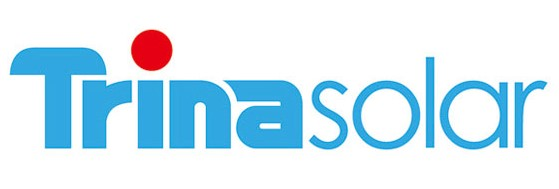
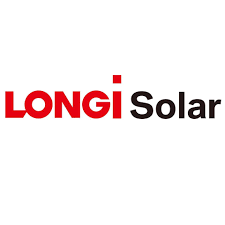
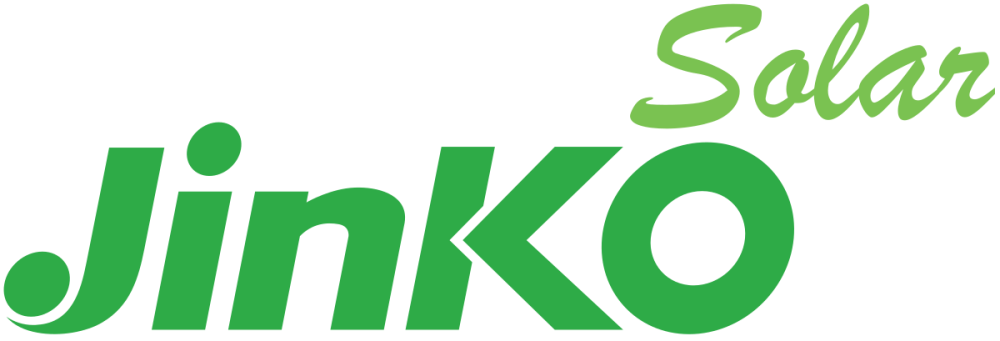


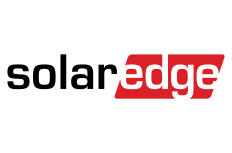
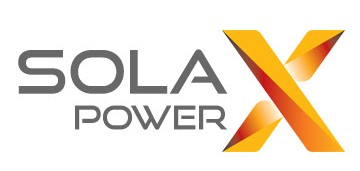




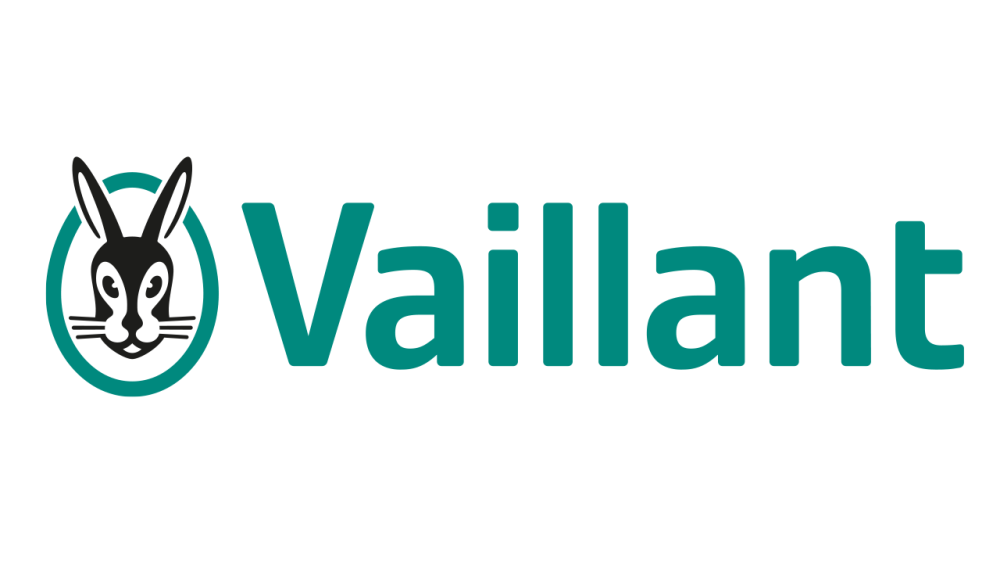


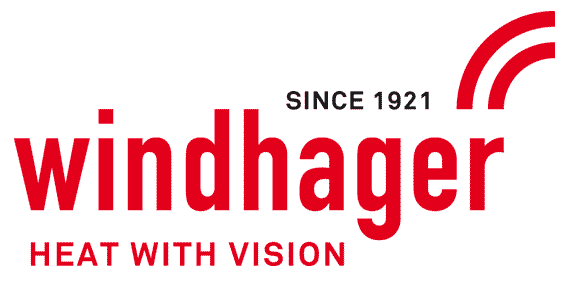
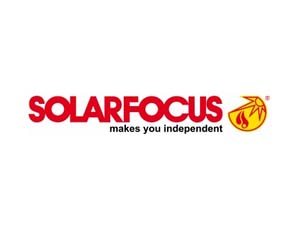


We work exclusively with industry-leading manufacturers to deliver the highest quality renewable energy solutions.

 PV Solar Panels & Battery Storage
PV Solar Panels & Battery Storage Air Source Heat Pumps
Air Source Heat Pumps Solar Thermal
Solar Thermal Electric Vehicle Charging
Electric Vehicle Charging Bespoke Off-grid Heating & Electric Solutions
Bespoke Off-grid Heating & Electric Solutions